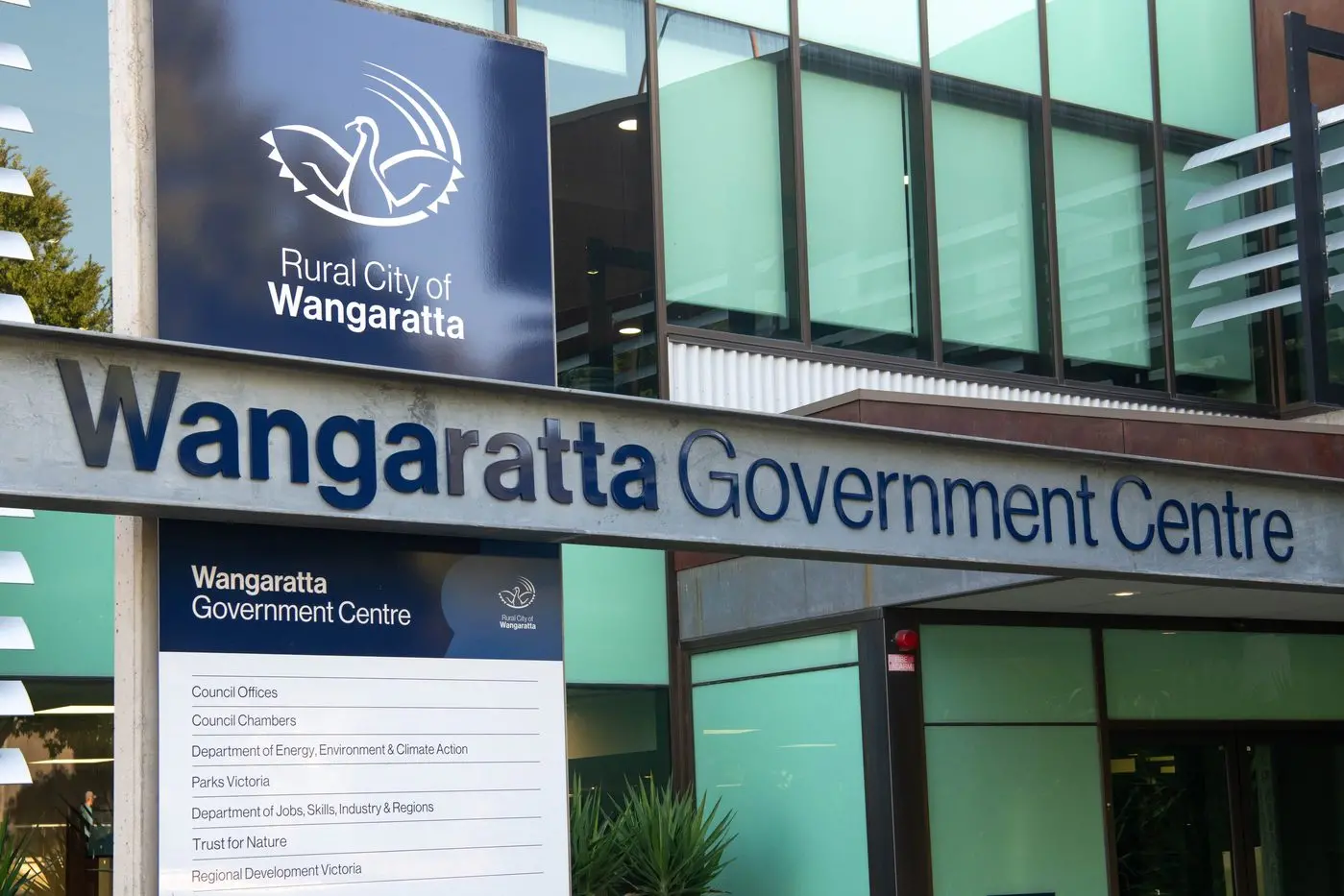PHOTO
Rural City of Wangaratta councillors have adopted a new policy to help its hundreds of staff manage unreasonable or unsafe customer behaviour.
The Unreasonable Conduct Policy endorsed at last week's council meeting seeks to ensure the safety and wellbeing of staff and those who work with council and the broader community, and to support the appropriate and proportionate deployment of council resources for the benefit of the community as a whole.
The policy outlines clear definitions of unacceptable conduct including unreasonable persistence, excessive demands, lack of cooperation, unreasonable arguments, and unsafe behaviours such as aggression or threats.
It establishes a risk-based process for identifying, recording, and responding to incidents, with a strong emphasis on proportionality, human rights, and regular review of any restrictive measures.
The policy empowers staff to cease unsafe interactions and escalate incidents to management, who may implement communication restrictions or temporary exclusions from council facilities as a last resort.
It also outlines how an unreasonable conduct assessment and appropriate control measures should be determined.
Council's CEO is responsible for decisions regarding exclusion or suspension, and the policy ensures that such measures are regularly reviewed and remain fair and compliant with relevant legislation.
Council's people and culture team members and other business areas most likely to be impacted by unreasonable conduct - including front line customer service - were consulted and the policy has also undergone independent review by council’s legal advisors.
This item was moved by Councillor Ashlee Fitzpatrick and seconded by Councillor Harry Bussell.
Cr Bussell said while this is a very necessary policy, it saddens him that it is needed.
“Unfortunately we do need it, but I hope that we never have to use it,” he said.
Mayor Irene Grant agreed with Cr Bussell.
“I’ve been in local government for a very long time and I’ve seen the pressure on councillors and council officers, and people’s expectations can be unreasonable and it puts an enormous amount of pressure, particularly when there seems to be a loss of understanding and respect in that process,” she said.
“I hope this policy supports council in this work and gives people a pause to think that if they’re not happy with something, there is another way to approach the way they’re doing business with council."

